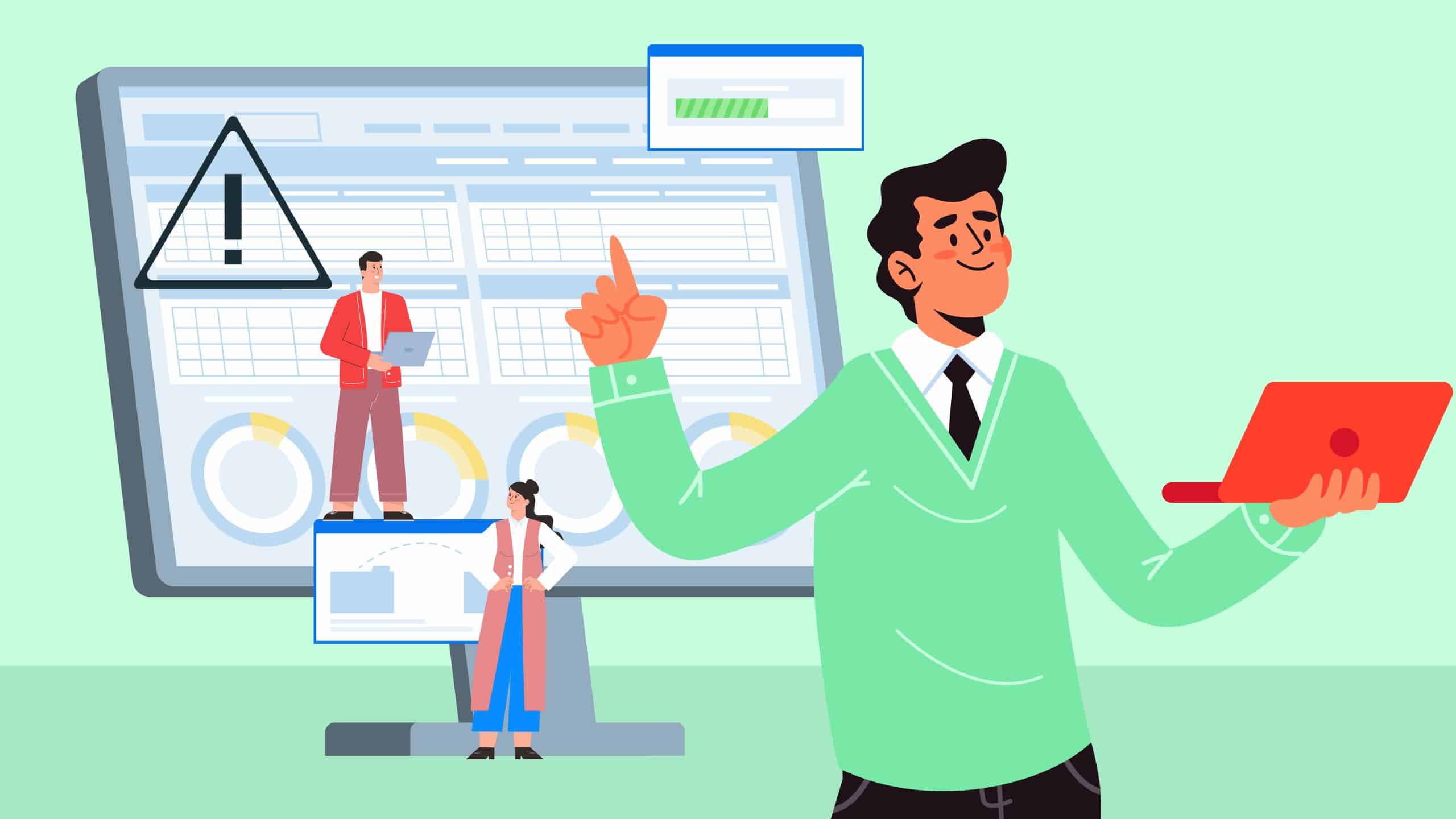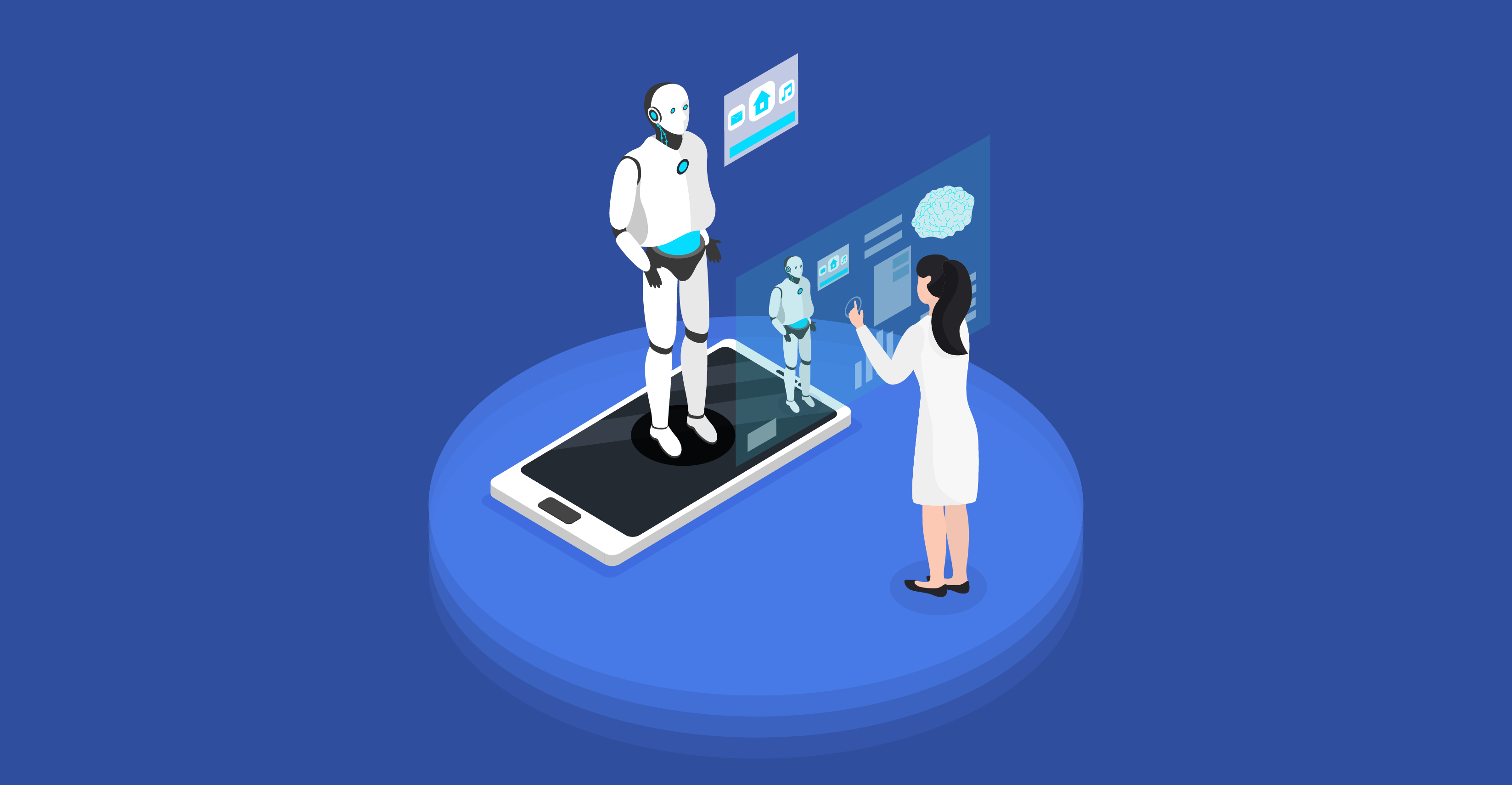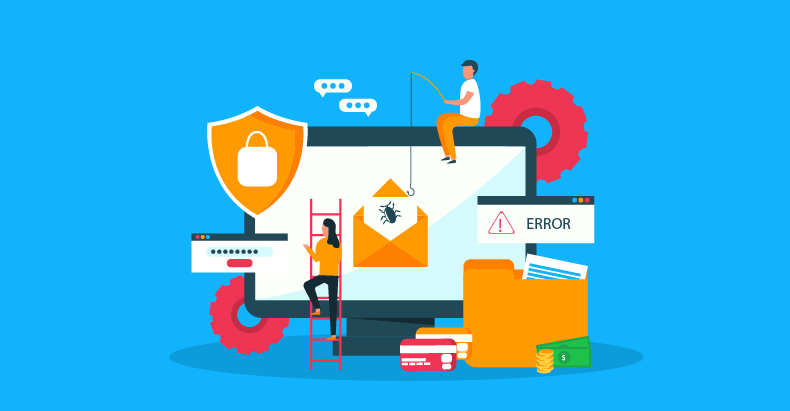The Future of Software Testing Services: Trends and Innovations

- June 9, 2023
- admin
Software testing plays a vital role in ensuring the quality, reliability, and functionality of software products. As technology evolves at a rapid pace, so does the landscape of testing services. In this blog post, we will delve into the future of testing services and explore the emerging trends and innovations that are reshaping this field.
Future Trends in Software Testing
Shift-Left Testing
In the traditional software development lifecycle, testing is often left until the later stages. However, the shift-left testing approach aims to involve testing early in the development process. By incorporating testing at the initial stages, defects can be identified and resolved more efficiently, leading to faster development cycles and improved product quality.
Automation and AI in Software Testing
Test automation has been around for quite some time, but with the advancements in artificial intelligence (AI) and machine learning (ML), its potential is expanding rapidly. AI-powered testing tools can intelligently generate test cases, optimize test coverage, and even perform autonomous testing. ML algorithms can analyze vast amounts of data to identify patterns and anomalies, enabling more accurate defect prediction and improved test efficiency.
Agile and DevOps Testing
Agile methodologies and DevOps practices have revolutionized software development, and testing has adapted accordingly. Agile testing emphasizes collaboration, continuous integration, and shorter development cycles. DevOps promotes seamless integration between development and operations, requiring testing to be integrated throughout the entire delivery pipeline. The future of testing services lies in harnessing the power of these methodologies to achieve faster releases, higher quality, and improved customer satisfaction.
Cloud-Based Testing
Cloud computing has transformed the way software is developed, deployed, and tested. Cloud-based testing allows testers to simulate real-world environments easily, scale resources as needed, and collaborate effectively. It enables testing teams to overcome geographical barriers and access a wide range of testing tools and platforms, leading to enhanced efficiency and cost savings.
IoT and Mobile Testing
As the Internet of Things (IoT) and mobile applications continue to proliferate, specialized testing services in these domains are becoming increasingly crucial. IoT testing involves verifying interoperability, security, and performance of interconnected devices, while mobile testing focuses on compatibility, responsiveness, and user experience across various devices and platforms. With the continuous growth of these technologies, the demand for IoT and mobile testing services is expected to skyrocket in the future.
Security Testing
In an era of frequent data breaches and cyber threats, security testing has gained paramount importance. The future of software testing services will see a greater emphasis on security testing to identify vulnerabilities, protect sensitive data, and ensure compliance with industry standards and regulations. Techniques like penetration testing, vulnerability scanning, and security code reviews will become integral parts of the testing process.
Continuous Testing
Continuous testing aims to provide rapid feedback on the quality of software throughout the entire development cycle. It involves the automation of test cases, integration with CI/CD pipelines, and the use of real-time analytics to monitor test results. Continuous testing enables early defect detection, faster time to market, and improved overall software quality.
Final Remarks about the Future Trends in Software Testing
The future of software testing services is brimming with innovation and promising trends. From the adoption of shift-left testing and AI-powered automation to the integration of testing in agile and DevOps methodologies, the software testing landscape is evolving rapidly. Embracing cloud-based testing, specializing in IoT and mobile testing, and placing a strong focus on security testing are key strategies for testing service providers.
Additionally, continuous testing will become a cornerstone of software development, ensuring faster releases, higher quality, and enhanced customer satisfaction. As technology continues to advance, software testing services will play a pivotal role in delivering robust and reliable software products to meet the demands of the digital era.











